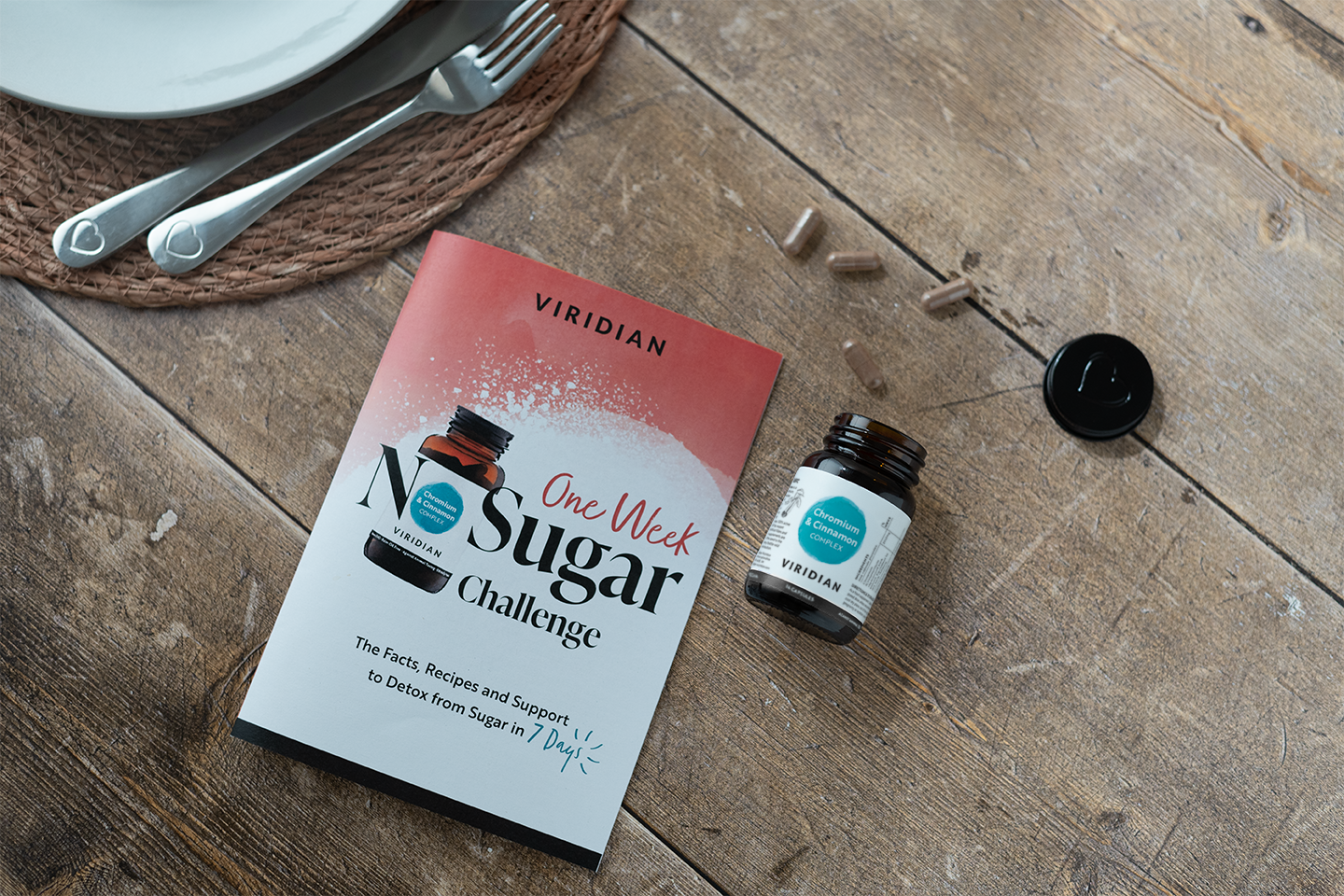Weight loss medications can offer health benefits, but they can also lead to significant shortfalls of essential vitamins and minerals in the body, due to reduced food intake and nutrient absorption. It’s important to understand how they affect your nutrient levels and the impact to your long-term health and wellbeing. Read our guide on how to manage nutrient depletion with effective supplements.
Obesity is a medical condition, which is characterised by excessive body fat as a result of imbalance of energy intake and expenditure. According to the British Heart Foundation, around 29% of adults are obese and around 65% are overweight. As a result of this, weight loss medications are becoming more prevalent in modern society. This group of medications have been shown to provide effective results and can be helpful in some instances, but it is essential to implement a change of diet and lifestyle alongside. Improving your diet can be done with small changes such as ensuring you are not in a calorie surplus regularly and reduce the intake of ultra-processed foods with a high fat and high sugar content. Consuming a nutrient dense diet with fruits, vegetables, proteins, beans and legumes is a great way to eat a more balanced and nutritious diet, which will in turn aid weight loss.
Weight loss medication and nutrient depletion
There are two types of weight loss medications which both have different mechanisms for aiding weight loss.
GLP-1 agonists
One of the most well-known is ‘Ozempic’ which is a GLP-1 agonist. These are currently injectable drugs which mimic the hormone GLP-1, which is responsible for reducing blood sugar and weight by activating the GLP-1 receptor which increases the action of insulin. They are used to treat obesity, as well as type II diabetes and cardiovascular related conditions. GLP-1 agonists can reduce food intake by suppressing appetite. Naturally, this can lead to lower intake of essential nutrients and may lead to numerous deficiencies in key vitamins and minerals, but also macronutrients like protein and fats. These agonists can also slow down gastric emptying and reduce the production of stomach acid, which also impacts nutrient absorption.
Research is limited due to these medications being very new on the market. Some very recent research suggests that nutrients most at risk of depletion are iron, magnesium, potassium, choline and vitamin D, but these foods can also be low as a result of poor diet, so more research is needed to clarify this. If your appetite is significantly reduced or your diet relies on ultra-processed food, you may wish to consider taking a multivitamin and magnesium supplement to plug any nutrient gaps.
Lipase inhibitors
Another type of weight loss medication is lipase inhibitors. These work by reducing the activity of lipases found in the intestines. This reduces fat breakdown and absorption in the gut, so they pass through rather than being absorbed. This means fat soluble vitamins can also pass straight through and can lead to deficiency in vitamins A, D, E and K as well as beta-carotene. All of which are needed for multiple functions in the body from skin and eye health to strong immunity and bones.
If you are taking any other type of medication, please click here for further information on medication interactions and potential nutrient depletion.
What other lifestyle changes will help?
We can support healthy weight loss through some of our dietary and lifestyle choices. The most obvious one is our diet, which has the biggest impact on our weight.
Eating a nutrient rich and balanced diet: A diet which consists of nutrient dense wholefoods such as fruits, vegetables, nuts, seeds, eggs, fish and meat can give us the best chance for weight loss. Whilst ensuring that ultra-processed foods, alcohol intake and high calorie foods are limited. It is also important to limit sugar intake to avoid elevated blood glucose levels. To manage this, supplementation of chromium and cinnamon has been shown to suppress sugar cravings and be useful in managing binge eating disorder (BED).
Keep moving: Exercise also plays a major role in weight management. Regular physical activity is a great way of burning calories to avoid a calorie surplus and weight gain. According to the BHF around 34% of us do not meet physical activity recommendations. Partaking in at least 150 minutes of exercise per week is the recommended amount to stay fit and manage weight. It is also important to stay hydrated and avoid drinking excessive fizzy, caffeinated and alcoholic drinks as these tend to be high in calories and sugar content. Instead, drinking 2-3 litres of water daily is essential to staying hydrated and aiding weight loss by reducing our appetite and calorie intake.
Consider supplementation: Supplementation can also support our health when trying to lose weight to ensure we are getting the right nutrition.
• Taking a multivitamin alongside GLP-1 agonists can be beneficial to fill in any nutrient gaps and depletion because of the medication.
• Whereas fat soluble nutrients like vitamins A, D, E and K could be necessary supplements when taking lipase inhibitors which as the medication can cause deficiency in these nutrients.
It is important to look for clean formulation supplements, with no additives, artificial binders and added excipients, so it’s fully beneficial to your body. For more information about supplements and lifestyle support, visit your local health food store at www.findahealthstore.com
Author: James Pugh, BSc, is a Nutrition Advisor at Viridian Nutrition. He holds a BSc honours degree in Sport & Exercise Nutrition.
References:
Prescott JD, Drake VJ, Stevens JF. Medications and Micronutrients: Identifying Clinically Relevant Interactions and Addressing Nutritional Needs. J Pharm Technol. 2018 Oct;34(5):216-230.
Mohn ES, Kern HJ, Saltzman E, Mitmesser SH, McKay DL. Evidence of Drug-Nutrient Interactions with Chronic Use of Commonly Prescribed Medications: An Update. Pharmaceutics. 2018 Mar 20;10(1):36.
Johnson B , Milstead M , Thomas O , McGlasson T , Green L , Kreider R , Jones R. Investigating nutrient intake during use of glucagon-like peptide-1 receptor agonist: a cross-sectional study. Frontiers in Nutrition, Vol12 2025.
Orlistat: Uses, Side Effects, Interactions, Pictures, Warnings & Dosing - WebMD
Orlistat | Drugs | BNF | NICE
The information contained in this article is not intended to treat, diagnose or replace the advice of a health practitioner. Please consult a qualified health practitioner if you have a pre-existing health condition or are currently taking medication. Food supplements should not be used as a substitute for a varied and balanced diet.







